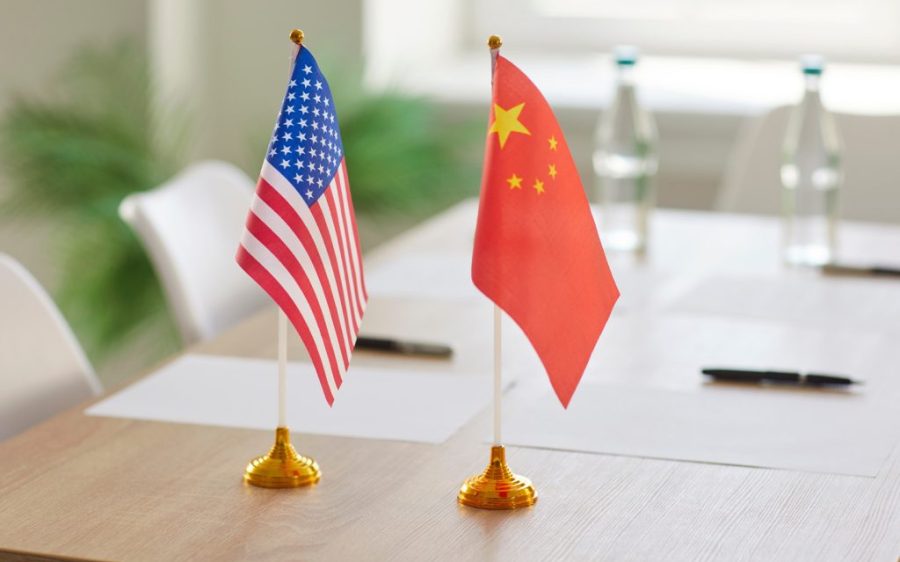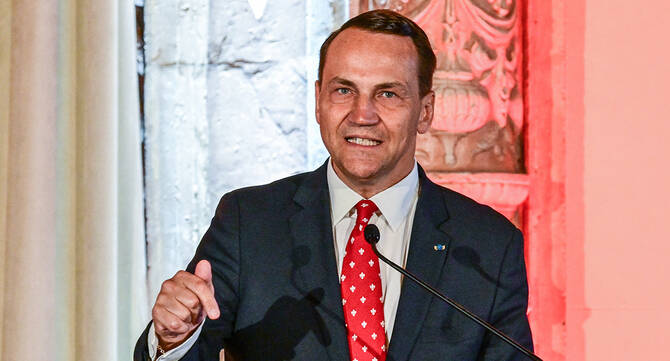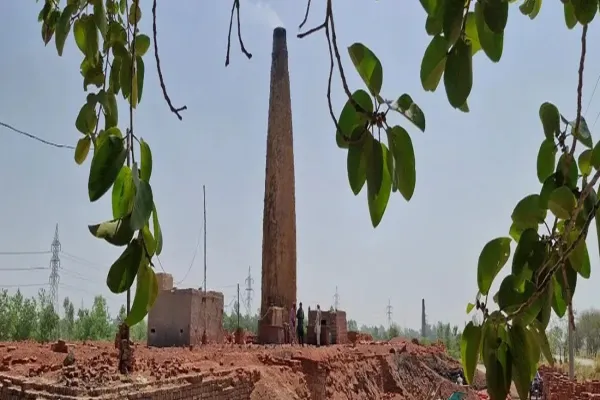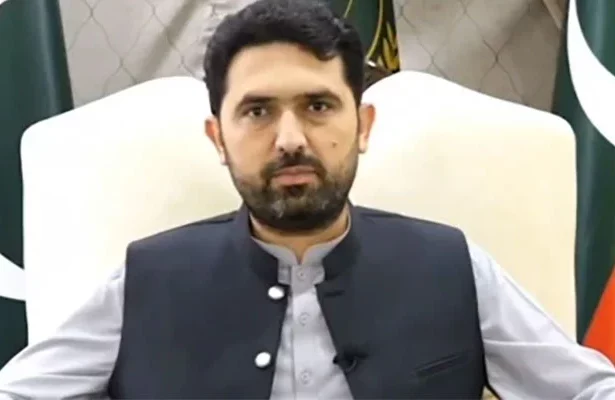Military trials and the constitution: A question regarding military trials for civilians has emerged. Senior lawyer Uzair Karamat Bhandari challenged the legality of military trials for civilians before a seven-member bench on Thursday. He argued that Article 245 of the Constitution does not stop the military from assisting civil authorities, but it does not grant …
Military Trials For Civilians: Constitutional Debate On Legality

- Uzair Karamat Bhandari, a senior lawyer representing PTI in court, challenged the legality of military trials for civilians in front of the seven-member bench.
- He urged the court for legal clarity and asked to adopt measures to stop misusing the military trials.
Military trials and the constitution:
A question regarding military trials for civilians has emerged. Senior lawyer Uzair Karamat Bhandari challenged the legality of military trials for civilians before a seven-member bench on Thursday. He argued that Article 245 of the Constitution does not stop the military from assisting civil authorities, but it does not grant them judicial powers.
Supreme Court’s ongoing review:
Justice Aminuddin Khan led a seven-member bench that reviewed intra-court appeals against a previous five-judge ruling that nullified military trials of civilians linked to the May 9 violence. Bhandari cited past cases to support his argument. He referred to the 2010 Iftikhar Muhammad Chaudhry case, which stated that any institutional power must explicitly stem from the Constitution. If the military wishes to exercise judicial powers over civilians, it must justify this authority within the Constitution’s text.
Past precedents and legal challenges:
The lawyer also highlighted the 1980 Darvesh Arvi case. In that case, the amendments to the Pakistan Army Act (PAA) 1952, introduced through the Defence of Pakistan Ordinance, were declared unconstitutional. The amendments empowered military officers to act as magistrates during civil unrest in Karachi, Hyderabad, and Lahore.
Also Read: Supreme Court Questions Distinctions In Military Trials Of Civilians
Bhandari emphasized that civil disturbances alone do not justify military trials. He pointed out that a day after the May 9 violence, authorities decided to hand over suspects to the military.
However, he argued that Article 245 clearly and restrictively defines the military’s role, limiting it to assisting civil power and not replacing civilian courts.
The role of the National Assembly:
Justice Muhammad Ali Mazhar asked What impact the National Assembly’s resolution supporting military trials has. Bhandari responded that the resolution was not legally binding. He argued that laws must function within the Constitution’s framework and cannot derive authority from political resolutions.
Selective military trials:
During the hearing, concern was raised about the selective nature of military trials. Justice Jamal Khan Mandokhail acknowledged that the F.B. The Ali case is frequently referenced in legal judgments and remains a point of contention. Bhandari suggested that authorities clarify how military trials align with the 1973 Constitution.
Justice Musarrat Hilali questioned why only 105 individuals, out of more than 5,000 arrested on May 9 and 10, were handed over for military trials. She noted that many individuals who faced identical charges in anti-terrorism courts (ATCs) were not transferred to military custody.
Justice Aminuddin Khan remarked that such selective treatment often occurs after an FIR is registered. However, Bhandari countered that there is no transparency regarding the charges filed against those tried in military courts.











